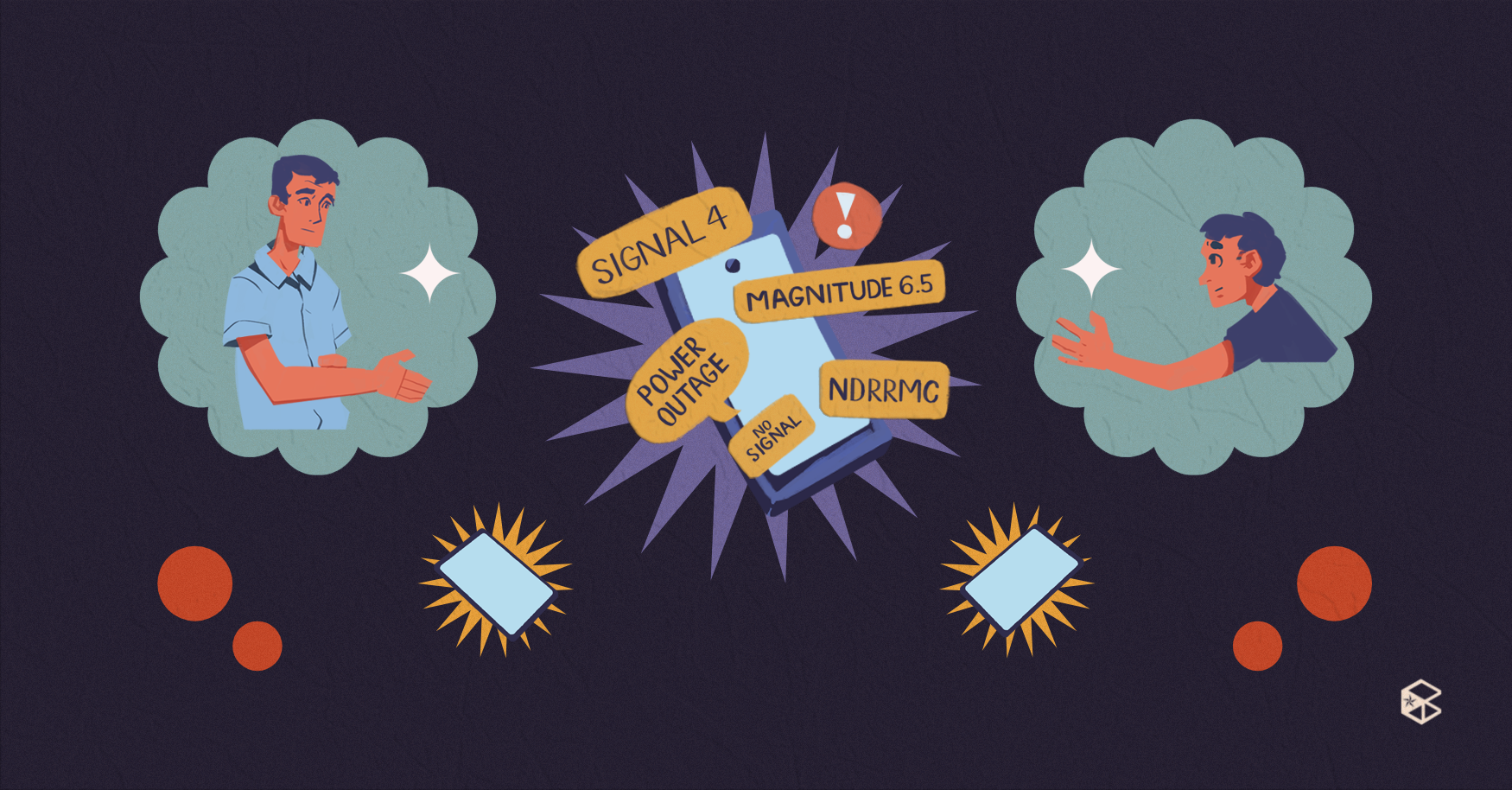The COVID-19 pandemic overwhelmed the country’s educational system as students and teachers nationwide are left to deal with innumerable casualties. Academic professionals are unfortunately suffering from unemployment, early resignation, and underfunding—all while still striving to deliver quality education.
The conundrum of online learning not only left students feeling unmotivated and discouraged, but also educators who are spending their personal money to teach in remote areas and balancing multiple part-time jobs to make ends meet.
Tragedy after tragedy, the agony of underfunded educational institutions is only prolonged as the pandemic reveals the concerning predicament of teachers and students alike.
Handling the educational shift
In June 2020, the Department of Education (DepEd) implemented the distance learning approach for School Year 2020 to 2021, done through printed modules, radio and television broadcasting, and the new online learning platform “DepEd Commons.” Concurrently, the Commission on Higher Education (CHED) adopted a guideline wherein asynchronous and synchronous classes are conducted so that it can achieve a seemingly inclusive outcome-based education.
Dedicated to their vocation, Benildean teachers pursued a month-long training called “Be-Connected” to prepare and design their BOLT courses and research on the use of online platforms to ensure quality education in the new normal. International Relations and Diplomacy professor Ambassador Marilyn J. Alarilla regarded the initiative of Benilde and its Center for Educational Technology (CIRC-EdTech) for training professors in using the needed softwares for online learning.
Likewise, Ms. Jenina Redrino, a professor in Benilde on Critical and Creative Thinking, Ethics, and Philosophy, compliments her colleagues and students' guidance and feedback. She also makes use of informational videos and articles related to improving online teaching as she participates in the College’s offered webinars to ensure better quality learning online.
Despite the adjustments done by educational institutions, there are still grievances caused by the impetuous shift to the new normal of education that remains unaddressed, which causes anxiety to students and teachers alike.
From a teacher’s standpoint
Taking the leap towards the new normal, three Benildean mentors shared the different experiences of online teaching in an interview with The Benildean.
Ms. Redrino explained that teachers experience fatigue amidst the convenience of online classes, “We teachers are well-aware of the preparations the teaching vocation requires. However, it doubled, if not, even tripled our efforts and time due to the need to record and make our lessons, assessments, and evaluation virtually accessible.”
"Despite being familiar with Bigsky and integrating online activities in my face-to face classes, the shift to full online is another story,” she added, emphasizing how her work-from-home lifestyle made her restless as her work and home duties continued to blur.
Similar to Ms. Redrino, Amb. Alarilla raised the same concerns in creating teaching materials, attending webinars and online training, which made them busier as they prepared to shift to online teaching.
“Internet connection lapses are likewise common to both students and to the teachers. Both need to understand these conditions,” she said.
Meanwhile, as the sudden shift of education continues, Ambassador Minda Calaguian-Cruz, professor of Diplomatic Protocol, Correspondence, Social Graces and Etiquette, noted how “Teachers are challenged by certain limitations. Among them are less “face-to-face contacts” in the virtual classroom and the very limited frequency and duration of synchronous sessions.”
“Education plays a major factor in determining the future of individuals and consequently, of our
country,” Amb. Alarilla stressed, noting that despite the restrictions of our current situation, we need to innovate to prevent our educational system from slowing down.
The sudden shift from face-to-face to online classes is no doubt a new journey for everyone. Teachers worldwide are obligated to put in extra hours of work by creating original content even with lack of resources to assure that they are providing quality education despite the adverse effects that the pandemic continues to bring.
The future of our country’s education system is still unknown. With the work and home lives blurring and mental fatigue continuing, all for the sake of instilling quality education, both teachers and students should transcend past differences and coordinate to withstand the realities faced.
As we advocate for #NoStudentLeftBehind, let us remember to fight for our educators as well.
This article is also published in The Benildean Volume 7 Issue No. 1: Confined


